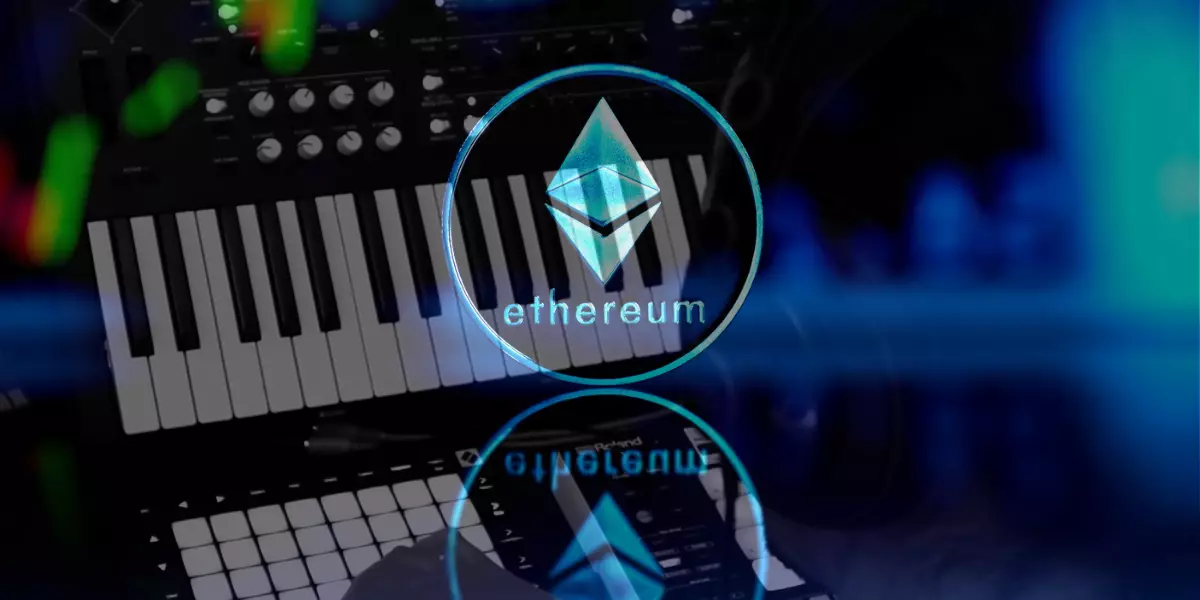How do NFTs allow musicians to monetize their work with the blockchain?
Non-Fungible Tokens (NFTs) have taken the digital art world by storm, allowing creators to sell unique and authentic works on the blockchain. But NFTs aren't limited to digital art, they can also be used in the music industry to help artists monetize their work. In this article, we'll explore how NFTs can help music artists make money through the blockchain.

Monetization challenges for music artists
Musical artists have always struggled to monetize their work, especially with the growing popularity of music streaming platforms such as Spotify and Apple Music. These platforms offer great exposure, but artists often earn only a small fraction of the revenue generated by their songs. Merchandising sales and concerts can also be a source of revenue, but these activities are limited by the geographic reach of artists.
How NFTs work in music monetization
NFTs work on the blockchain, a technology that stores information in a decentralized and secure manner. Using NFTs, music creators will create unique works, such as songs, music videos or even virtual reality experiences, and sell them directly to fans on the blockchain. NFTs also allow artists to control the distribution of their work and receive fair compensation for their work.
Benefits of NFTs for Music Artists
NFTs offer several benefits to music artists. First, they allow artists to sell their work directly to fans without going through intermediaries, which means they can keep more of the revenue generated. NFTs can also be used to create unique experiences for fans, such as meet-and-greets with the artist, private concerts or exclusive collectibles. Finally, NFTs allow artists to protect their work and ensure that fans have an authentic copy of their work.
Concrete examples of monetization with NFTs in the music industry
There are several types of NFTs that music artists can create to monetize their work. Here are some concrete examples of monetization with NFTs:
- Exclusive Recording Sales: Selling exclusive recordings of concerts, recording sessions or even unreleased songs as NFTs. This allows fans to own a unique and authentic recording that cannot be reproduced or resold.
- Merchandising: Sell merchandise in the form of NFTs, such as t-shirts, posters, signed albums or even exclusive accessories. Fans can own a unique and authentic collectible that cannot be reproduced or resold.
- Exclusive access to events: Offer NFTs giving access to exclusive events, such as private concerts, meetings with the artists or even VIP access. This allows fans to access exclusive events that are not available to the general public.
- Royalties: Sell NFTs that represent royalty shares on their works. Fans can own a portion of the revenue generated by the works of their favorite artists.
- Intellectual Property Rights Owners: Record companies and producers can also use NFTs to sell intellectual property rights to music recordings. This allows fans to own a portion of the intellectual property rights to their favorite songs.
Several artists in the music industry have already used NFTs to monetize their work. For example:
- Grimes - Canadian musician Grimes sold an NFT collection in March 2021 for a total of $6 million. The collection included images, videos and music, as well as a token that allowed the buyer to collaborate with Grimes on a song.
- Kings of Leon - In March 2021, American rock band Kings of Leon became the first music group to release an album as NFT. The album titled "When You See Yourself" was available as an NFT for one week on the NFT auction platform Yellowheart.
- 3LAU - American DJ and producer 3LAU sold an NFT collection in February 2021 for a total of $11.6 million. The collection included exclusive versions of his songs, as well as virtual reality experiences and digital art.
Conclusion
Using NFTs, music artists can create unique and authentic works, while controlling their distribution and receiving fair compensation for their work. NFTs also help create unique experiences for fans and protect the work of artists. While the use of NFTs in the music industry is still relatively new, it offers many exciting opportunities for music artists to monetize their work and engage directly with their fans.
References
NFTs: Are they the future of the music industry? (BBC News)

Speak your mind